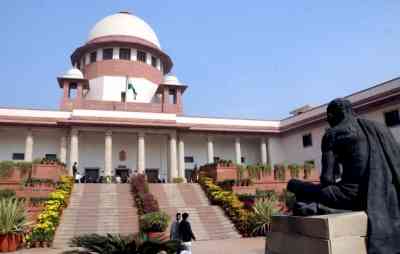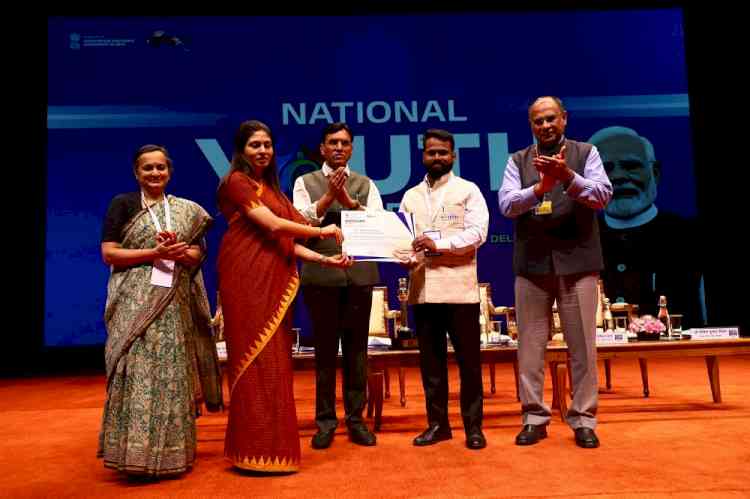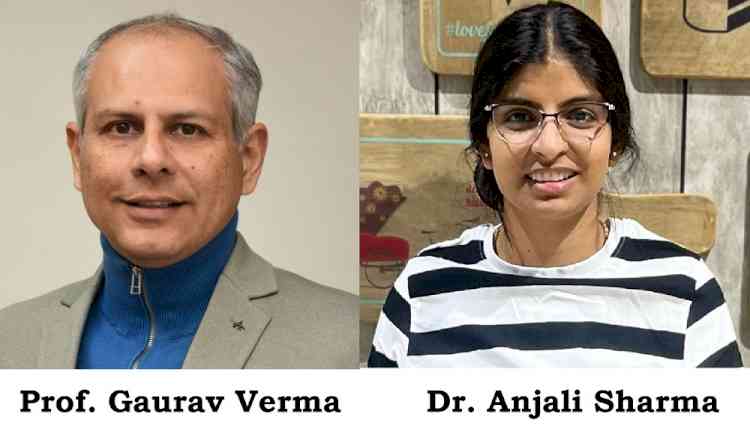Develop model for menstrual hygiene for girls in schools for all states, SC to Centre
The Supreme Court on Monday asked the Central government to formulate standard operating procedures (SOPs) and develop a model for all state and Union Territories (UTs) in connection with menstrual hygiene for girls studying in schools.

New Delhi, April 10 (IANS) The Supreme Court on Monday asked the Central government to formulate standard operating procedures (SOPs) and develop a model for all state and Union Territories (UTs) in connection with menstrual hygiene for girls studying in schools.
A bench of Chief Justice D.Y. Chandrachud and comprising Justices P.S. Narasimha and J.B. Pardiwala appointed the Union Health and Family Welfare Secretary as the nodal officer to coordinate with all the states and UTs. The bench said the nodal officer will collect data to develop a national policy.
During the hearing in the matter, the bench said the issue is of immense importance and the government should engage with all stakeholders for menstrual hygiene in schools, including government and government-aided schools, and also give leeway to states and UTs to modify the scheme as per their local needs.
The top court directed all states and UTs to bring on record their menstrual hygiene management strategies and plans and also noted that Ministries of Health and Family Welfare, Education, and Jal Shakti have schemes for menstrual hygiene.
The top court directed the Centre to file an updated status report by the end of July.
Additional Solicitor General Aishwarya Bhati, representing the Centre, said different ministries have guidelines and schemes dedicated to improve access to menstrual hygiene for young and adolescent girls. She stressed that the responsibility of providing health care services lies with state governments as public health is a state subject.
In an affidavit, the Health Ministry has said that public health is a state subject and the responsibility of providing healthcare services is that of respective state governments.
The top court also directed all states and UTs to make provision for ensuring availability of quality low-cost sanitary pads, vending machines in schools.
The Central government response came on a plea filed by Congress leader Jaya Thakur seeking issuance of directions for providing free sanitary pads to girls studying in classes 6 to 12 in government schools across the country.
The plea, filed through advocate Varinder Kumar Sharma, said serious difficulty is faced by adolescent females between the ages of 11 to 18 years, who are coming from poor backgrounds facing the insurmountable difficulties in receiving education on account of lack of access to education, a constitutional right under Article 21A of the Constitution of India and it is free and compulsory under the Right to Education Act, 2009.
"These are adolescent females who are not equipped with and are also not educated by their parents about menstruation and menstrual hygiene. The deprived economic status and illiteracy leads to prevalence of unhygienic and unhealthy practices which has serious health consequences; increases obstinacy and leads to eventual dropping out from schools," added the plea.


 IANS
IANS 








